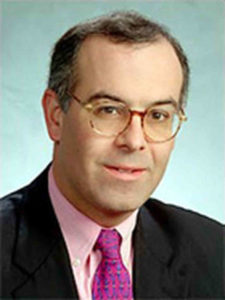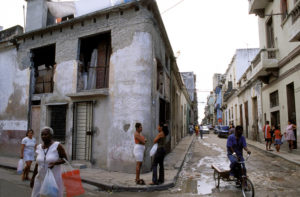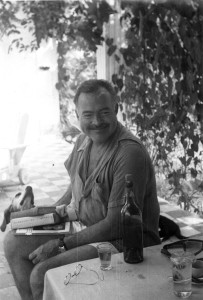When David Brooks visited Cuba and Hemingway’s home, the Finca Vigia, in 2016, he wrote an article about it. He commented on how

healthy a place Hemingway’s home in Cuba seemed. It was bright, beautifully situated, and filled with tons of reading material.Hemingway was an avid reader of newspapers and all sorts of books and got through most of his daily newspapers and other reading. There also was a baseball diamond nearby where he used to pitch to the local kids.
However despite this sun-filled life, Hemingway nevertheless was not a healthy man toward the end of his life. Drinking had taken its toll and although Brooks cites Hemingway’s brother, Leicester, as stating that he counted17 scotch and sodas a day as his brother’s intake, Leicester –at least based on all of my reading–spent little time with Hemingway so I’m not sure how he would know. If anyone reading this knows more of this issue than I do, please comment. Despite Hemingway’s drinking and poor habits, on a wall in the Finca was Hemingway’s record of weight, which he was obsessed with.
Brooks noted that Hemingway could be lively and funny, and be the life of the party in a good way, but he also could be argumentative and depressed. If you follow this blog, you’ll know the extent.

The article is very interesting. Quoting a bit of David Brooks’ article:
“When you see how he did it, (Me: meaning how he accomplished his writing) three things leap out. First is the most mundane—the daily discipline of the job. In the house, there is a small bed where he laid out his notes and a narrow shelf where he stood, stared at a blank wall and churned out his daily word count.
“Second, there seemed to have been moments of self-forgetting… if you just try to serve the work—focusing on each concrete task and doing it the way it’s supposed to be done—then you’ll end up obliquely serving the community more.” (I think Brooks is saying there is a loss of self-consciousness in writing when you get to that point.)
“Finally, there was the act of cutting out. When Hemingway was successful, he cut out his mannerisms and self-pity. Then in middle age, out of softness, laziness and self-approval, he indulged himself, but even then, even amid all the corruption, he had flashes when he could distinguish his own bluster from the good, true notes.
“There is something heroic that happened in this house. Hemingway was a man who embraced every self-indulgence that can afflict a successful person. But at moments he shed all that he had earned and received and rediscovered the hardworking, clear-seeing and unadorned man he used to be.”

Ernest Hemingway reading books with his dog Negrita at Finca Vigia in Cuba. Please credit “Ernest Hemingway Collection/John F. Kennedy Presidential Library and Museum, Boston”
